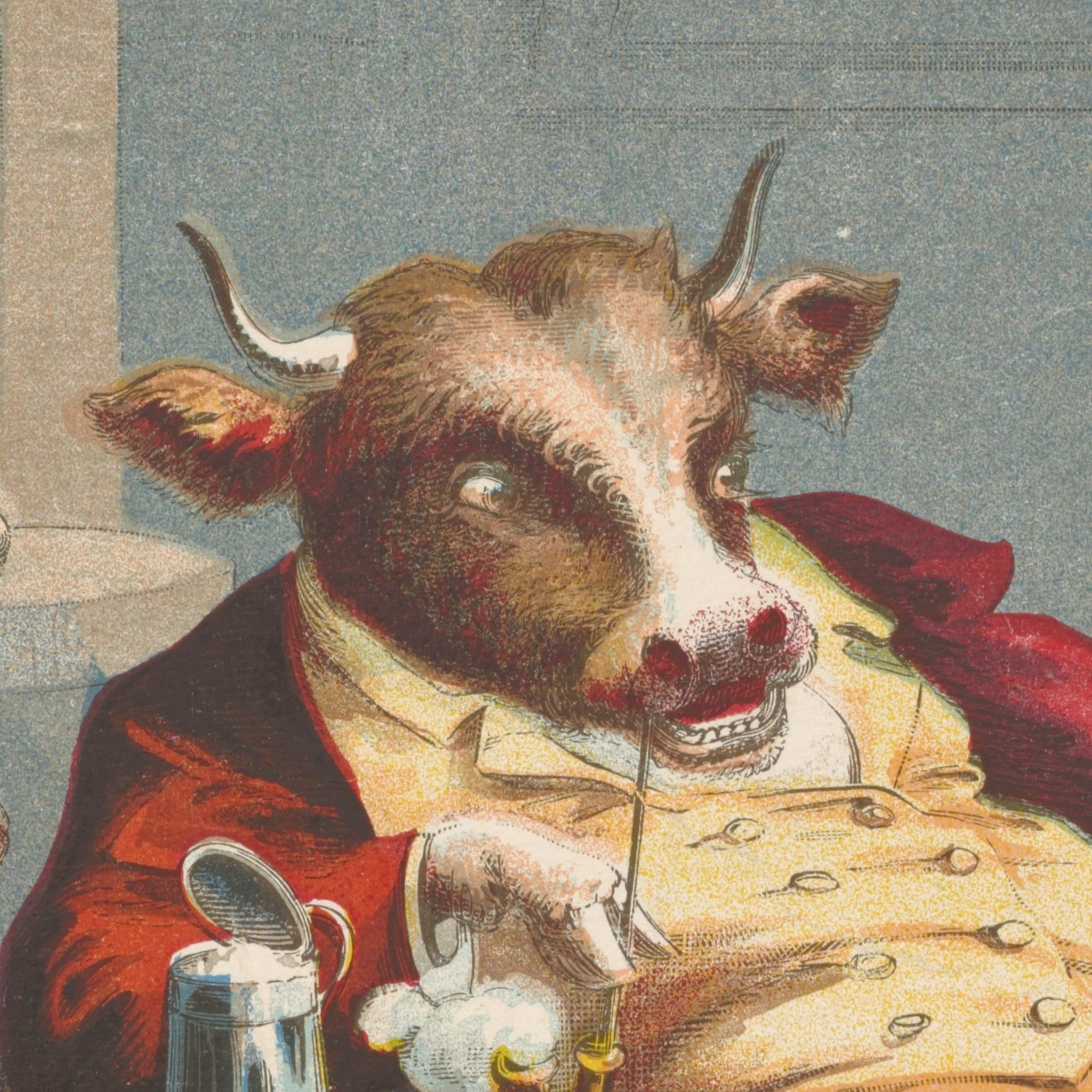A book swap shelf is a perfectly nice thing. It's a chance to pick up a book you might not otherwise have looked at or to unload a few of your own. I'm in favor of both sides of that exchange. But one thing it is not is a library, and the vast differences between the two make the concept of the "Little Free Library" deeply obnoxious.
A library is a public institution that doesn't just provide books. Libraries may offer internet access, community spaces, structured activities like storytime for kids (sometimes in multiple languages), literacy education, English language classes, tech help, workshops on crafts or skills or wellness, warming in cold weather and cooling in hot weather. They may allow you to check out passes to local museums. Research librarians – not just the ones at university libraries, but in local public libraries as well – help people from school kids to amateur genealogists to authors with book contracts. According to one 2010 study, "30 million people a year use their local public libraries to research job openings, apply for jobs, and work on their résumés."
Libraries do so much. If you reduce them to books, you are missing the real story. But among people who don't need all those other services – who have internet access and a printer in a temperature-controlled home, people who have museum memberships and get their craft and wellness programming from specialized private businesses – it's common to fail to understand what a public library truly is.
A "Little Free Library," by contrast, is a book swap shelf given a glossy makeover – one rejecting the humble origins of the concept – and insulting name. It offers … the books your neighbors didn't want, and that's it. That's fine. The place where I got my hair cut as a kid and the laundry room of the apartment complex I lived in in grad school had book swap shelves and I got books I enjoyed from those shelves. But to claim a cute little book swap shelf is a library and to do so in language that suggests that real libraries aren't free (because otherwise why bother to mention the free part?) is part of the erosion of respect for public services. In most cases that's probably unintentional. Few of the people putting out a "Little Free Library" at the edge of their lawn are doing so in the understanding that they are diminishing real libraries. But they are.
Attacks on libraries don't come only from book banners and the far right. Protecting libraries means appreciating the wide range of ways they serve the public, and fully funding them. This year, New York City Mayor Eric Adams proposed library cuts that would have meant most library branches in the city would only be open five days a week. The funding was restored following public outcry, but many of New York's libraries remain open only six days a week. Libraries being open only five or six days a week is common even in many good-sized cities with generally good public services. In Cambridge, where I live, even the main library is closed on Sundays – you know, one of the days of the week kids are out of school and can use a place to go and things to do.
The "Little Free Library" organization – which, by the way, has a trademark that "applies to the full phrase 'Little Free Library' as well as variations like 'Little Library,' 'Little Free Libraries,' and any language that could create confusion" – is a 501(c)3 nonprofit that bills itself as "building community, inspiring readers, and expanding book access for all." That means "grant[ing] no-cost Little Free Libraries full of books to underserved urban, suburban, rural, and Indigenous communities," "championing diverse books," and "collaborat[ing] with schools, public libraries, civic organizations, businesses, and other groups to bring Little Free Libraries to their communities." Also they will sell you a "Little Free Library" or a kit for making one starting at $189.95 and going up to $479.95 for ones that look like either a TARDIS or a telephone booth.
I am not alleging any kind of shady business here when I note the prices of a ready-made "Little Free Library" for your front yard. According to its filings, the nonprofit's executive director is paid a not-at-all-outrageous $151,000 year, the vendors it sends the most money to are the ones that make those boxes, and it does dedicate around $350,000 a year to its programs to bring books to underserved communities.
What I am alleging is that this nonprofit is, in a highly visible way, purporting to do work that longstanding public institutions – institutions now fighting for the funding to continue serving their communities – already do. That in branding book swap shelves as libraries, however little, it downplays what libraries actually do in a way that plays directly into the ignorance of many upper-middle-class people whose political support for libraries – real ones – is badly needed and often too easy to undermine.
So go ahead. Put up a book swap shelf in a cute little house or, heaven help us, a wee TARDIS, at the edge of your yard. Stock it with the books you have read and don't plan to reread. Smile fondly when you see someone pausing in front of it and looking at the offerings. You can even pretend it's something more high-minded than the shelf of romance novels at a working-class hair salon. Just don't call it a library. And while you're at it, take a few minutes to familiarize yourself with what your local public library actually offers – and how it could expand those offerings if it was fully funded.















Comments
We want Uncharted Blue to be a welcoming and progressive space.
Before commenting, make sure you've read our Community Guidelines.